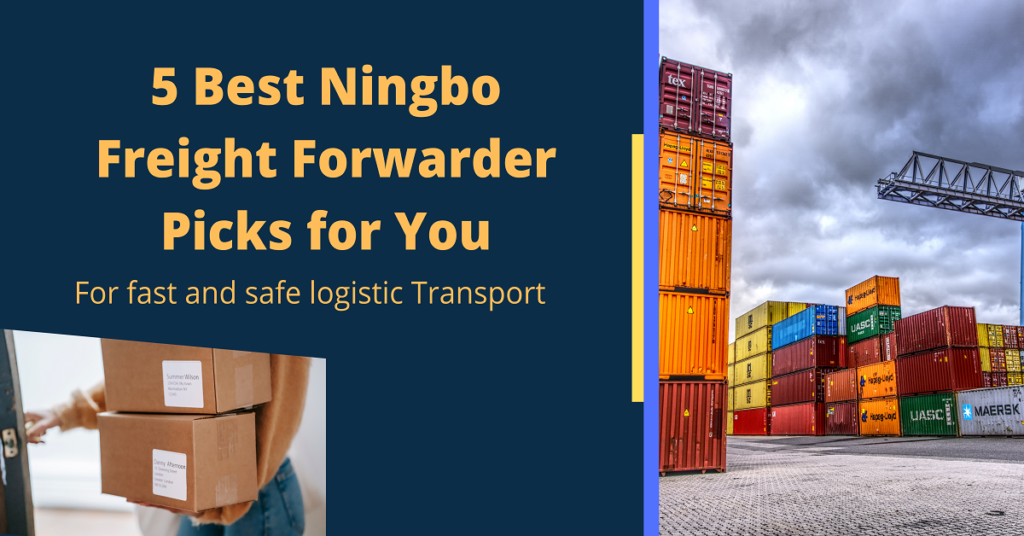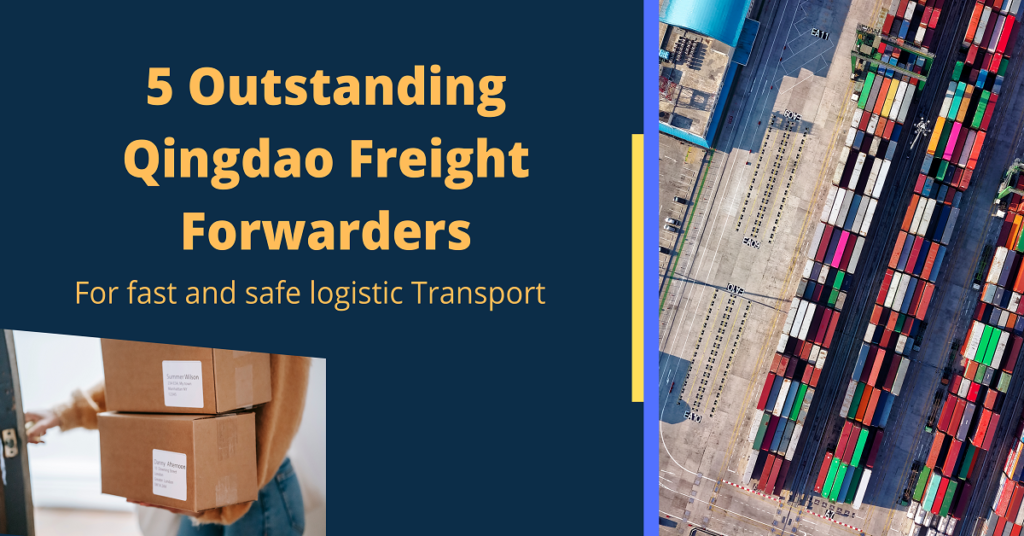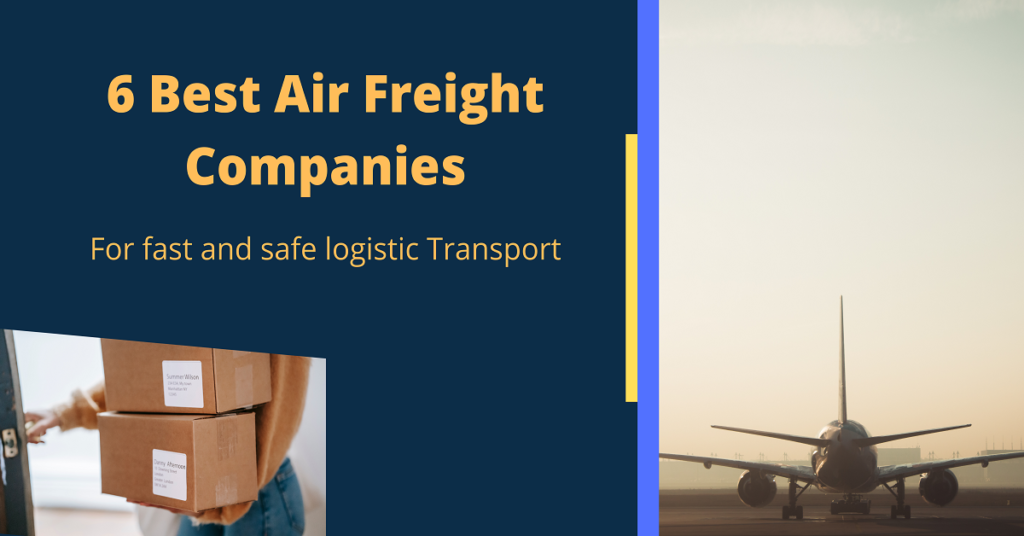
Image Source: Drip Capital
Got a shipment coming from offshore? Do you want to ensure it arrives at its destination on time and in excellent condition? Whether you’re shipping by sea or air, you want to make sure your carrier’s terms are most beneficial for your company. In this blog, you will learn more about CFR incoterm.
Cfr incoterm

Image Source: Incoterms
CFR is a delivery term used when an international shipment is transported by freight or air freight, and the seller pays for all costs related to moving the goods through to the destination. It stands for Cost & Freight.
What does ICC say on CFR(Cost and Freight )
The International Chamber of Commerce (ICC) provides a standardized set of rules for international trade called Incoterms®. These rules are designed to help prevent misunderstandings between buyers and sellers, especially concerning responsibility for payment, transportation, and insurance costs, as well as the risk of loss or damage to goods during transport.
When using the Incoterms®, it’s essential to understand how they work together. The most common Incoterms used in importing and exporting are FOB, CIF, and CFR. Each of these terms has a specific meaning and is used for different purposes. CFR means the seller delivers goods to an agreed destination port in an agreed destination country.
CIF is most often used when dealing with complicated international shipments. For example, CIF might be a better option than FOB or CFR if you’re sending a cargo container full of goods from China to Los Angeles via ship and truck.
FOB is a popular choice for commodities such as raw materials or agricultural products because it’s simple. The seller delivers the goods to the dock at their own expense, where they are loaded onto a ship or truck. The buyer takes over once they arrive at their destination port and pays for transport from there.
When to use CFR incoterms
It should only be used when the seller has direct access to the vessel. Such as when goods are loaded directly onto the vessel rather than being dropped off in a container at a terminal before loading. As a result, the CFR Incoterm is inapplicable to containerized cargo.
It is important to know the terms used in shipping contracts before you sign. A lot of these terms are not easy to understand but they have a significant impact on your business. The most common shipment methods of CFR are:
Air Freight: Air freight is one of the most common methods used in international shipping. It is a faster means of transporting goods and documents across the world. You can choose air freight from China as a means of transporting products. However, air freight has some limitations, such as its high cost and limited capacity.
Sea Freight: Sea freight is a popular choice for transporting goods across oceans because of its relatively low cost. You can choose China ocean freight as a means of transporting goods. However, it takes longer than air freight to reach its destination.
Express Delivery: Express delivery can be used to transport any cargo anywhere in the world in a short period. This method is often used by businesses that need to send urgent shipments regularly.
Trucking: Trucking is an effective way for businesses to transport large volumes of goods over long distances within one country or between countries with access to major highways and railways, like from China to UK.
Seller’s and buyers’ responsibilities on Cost Insurance and Freight
Sellers’obligation on CFR agreement
- All the sellers are responsible for packing the commodities properly and safely. If they do not fulfill their responsibility, they are liable for damages and losses incurred by the buyer.
- The seller is supposed to provide a certificate of origin that shows that the material is not banned for export by any country and is not subject to any restrictions.
- If the seller does not provide a certificate of origin, then the buyer will have an option to reject the goods without paying any penalty charge from the seller.
- If the seller fails to provide a certificate of origin, then the buyer can claim damages from the seller for loss or delay incurred due to the seller’s failure.
Buyer’s obligation on CFR agreement
- The buyer is responsible for ensuring their goods are in good condition and fit for purpose. This means that if the goods are not fit for purpose or do not meet the description given at the time of sale, you can ask for a refund.
- The buyer is also responsible for ensuring they pay the agreed-upon price. If you fail to pay on time, then this may affect your ability to claim a refund later.
- If you cannot agree on an issue with your seller, it is best to resolve any disputes with them in writing or via email. This will help clarify misunderstandings and resolve issues before they escalate into something bigger.
Example of Cost and Freight (CFR)
When you purchase a product from a foreign country, there are often taxes and duties that you will be charged on top of the product’s price. These charges can be significant, and they vary depending on the country you are in.
For example, if you buy from China or another country with lower taxes than your own, you may need to pay import duties and tariffs when your goods arrive in Canada. Costs of import duty and tariffs vary depending on what you’re importing. Still, they can be substantial — especially if they’re not included in the initial quote you receive from your supplier.
CFR allows businesses to avoid paying extra fees until after they’ve sold their products in Canada. This means they can offer lower prices at first and make up for it later by charging additional fees once their customers have paid for their orders. If you are looking for a company that can ship from China to Canada, then Zggship is an option to get a cfr quote.
Zggship is one of the leading freight forwarding companies in China. Itspecializes in international freight forwarding and logistics services for cargo shipments from China to worldwide.
CFR Agreement FAQs
Who pays freight in CFR
The seller pays for transportation costs as well as any other charges, such as customs duties, that are imposed on the goods before they reach the buyer. The seller is also responsible for ensuring the goods are shipped.
What are the differences between CFR and other incoterms
FAS
FAS (free alongside ship) is a method of delivery whereby the seller delivers when the goods are placed alongside a vessel on a named port or place of shipment. The seller bears all costs up to this point.
FOB
This term means that when the goods are loaded on board a vessel at the port or point of origin, they are considered to be sold and paid for by the seller. The buyer pays all costs associated with bringing them to their final destination (including import duties and taxes).
CIF
CIF stands for cost, insurance and freight (also known as C & F). This means that both the cost of the goods and their transportation to their destination must be paid by the buyer, as well as all insurance fees incurred during transit. The seller is not responsible for any other fees or taxes related to the shipment.
Is CFR prepaid or collected
In the case of Incoterms such as C&F, CIF, CFR, and DDU, Freight Prepaid is the agreement, whereas Freight Collect is seen in the case of EXW and FOB.
The difference between these two terms lies in who is responsible for paying the freight charges. In the case of Freight Prepaid, the seller pays for shipping costs while in the case of Freight Collect, the buyer pays for shipping costs.
How do you calculate intercom CFR?
The following formulas are frequently used to calculate the cost of shipping goods from one port to another.
CFR Price = FOB Price + Shipping
CFR Price = CIF Price X [1 – (1+ Insurance Premium) X Insurance Rate]



